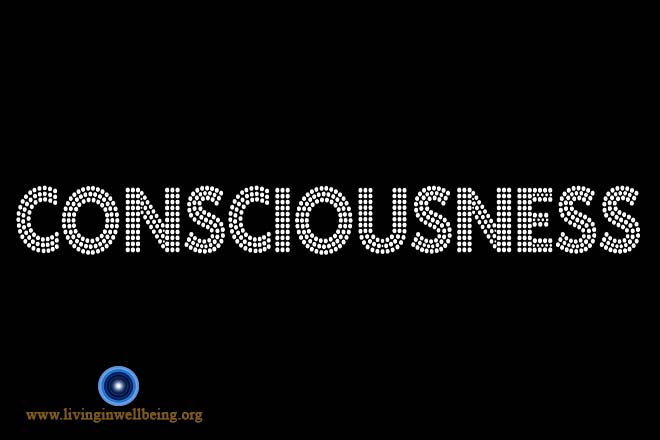
Consciousness is a profound and enigmatic aspect of human existence that has fascinated philosophers, scientists, and thinkers for centuries. It is the essence of our awareness, our perception of the world, and the foundation of our subjective experience. In this article, we delve into the intricacies of consciousness, its significance in our lives, and the mysteries it continues to unravel.
What is Consciousness?
Consciousness, often described as the "stream of thoughts," encompasses our thoughts, emotions, sensations, and perceptions. It is the continuous flow of awareness that makes us sentient beings. While we all experience consciousness, defining it remains a challenge. Is it merely the product of brain activity, or does it possess a more profound, metaphysical dimension?
The Complexity of Consciousness
Our conscious experiences are far more intricate than they initially appear. From everyday thoughts to profound moments of insight, consciousness presents a diverse spectrum of states and qualities. Neuroscientists have made strides in understanding the neural basis of consciousness, yet the complete picture still needs to be discovered.
Consciousness and the Brain
The relationship between consciousness and the brain is a central topic of study. The prevailing view is that consciousness arises from the intricate interactions of neurons and their networks. Scientists have identified specific brain regions associated with consciousness, such as the prefrontal cortex, but the precise mechanisms are still under investigation.
Theories of Consciousness
Several theories attempt to explain the nature of consciousness. Each offers a unique perspective on consciousness's emergence from the Integrated Information Theory (IIT) to the Global Workspace Theory (GWT). These theories provide valuable insights but also highlight the complexity of the subject.
Consciousness and Self-awareness
One of the most intriguing aspects of consciousness is self-awareness. It is the ability to reflect upon one's thoughts and existence. Self-awareness is a defining feature of human consciousness, enabling us to contemplate our past, plan for the future, and ponder the meaning of life.
States of Consciousness
Consciousness is not static; it can vary widely across different states. From wakefulness to deep sleep and altered states induced by meditation or psychedelics, our conscious experiences are incredibly diverse. Understanding these states can offer valuable insights into the nature of consciousness itself.
The Hard Problem of Consciousness
Philosopher David Chalmers famously coined the term "the hard problem of consciousness" to describe the challenge of explaining how and why physical processes in the brain give rise to subjective experience. This enduring philosophical dilemma underscores the profound mystery that surrounds consciousness.
Consciousness and the Mind-Body Problem
The relationship between consciousness and the physical body is fundamental to the mind-body problem. Does consciousness emerge solely from neural processes, or does it suggest the existence of a non-physical, immaterial aspect of reality? This question continues to perplex both philosophers and scientists.
Applications of Consciousness Studies
The study of consciousness extends beyond philosophical and scientific curiosity. It has practical applications in psychology, medicine, and even artificial intelligence. Understanding consciousness can lead to advancements in mental health treatments, anesthesia management, and the development of conscious machines.
The Spiritual Aspect of Consciousness
Beyond scientific inquiry, many people perceive consciousness as having a spiritual dimension. Various religious and philosophical traditions have explored the idea that consciousness transcends the physical realm, connecting us to a higher reality or universal consciousness.
Conclusion
Consciousness remains one of the most profound and captivating aspects of human existence. While science has made significant strides in unraveling its mysteries, many questions persist. It is a subject that bridges the realms of philosophy, neuroscience, and spirituality, offering endless opportunities for exploration and contemplation. As we delve into the depths of consciousness, we may come closer to understanding the very essence of what it means to be human.












